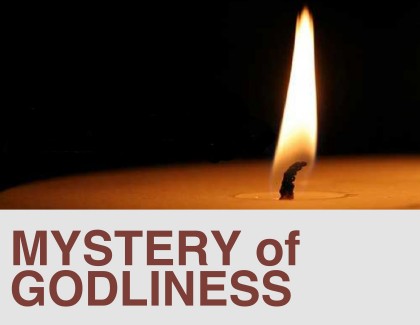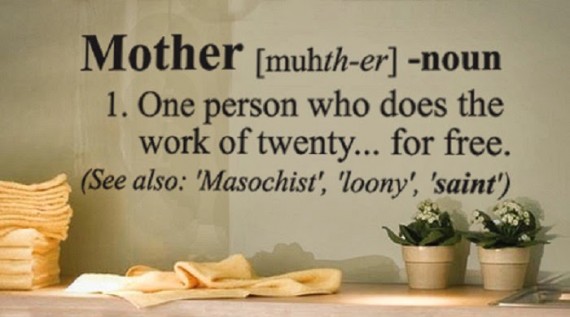So far in Genesis 2, we have seen that God has set up his temple. The temple was finished in Genesis 2:17, which means that beginning with Genesis 2:18, the biblical story really begins.
In Genesis 2:18, we see something foundational for how God wants us to live life, and something shocking about God’s role in that life.
The Text of Genesis 2:18
Genesis 2:18. And the Lord God said, “It is not good that man should be alone; I will make him a helper suitable for him.”
In this discussion of Genesis 2:18 we look at:
- The first thing in God’s creation that is not good
- The first foundational truth about the human experience
- What God did about Adam being alone
- Seven truths from Genesis 2:18 about loneliness

Resources:
- Buy my Book on the Atonement
- Genesis 2:4-6 – The Second Creation Account
- My God, My God, Why Have You Forsaken Me?
- Was Moses Divorced?
- fm Interview with Kathy Escobar
- Subscribe and Leave a Review on iTunes
Downloadable Podcast Resources
Those who are part of my online discipleship group may download the MP3 audio file for this podcast and view the podcast transcript below.
You must join a discipleship group or login to download the MP3 and view the transcript.
Thanks for visiting this page ... but this page is for Discipleship Group members.
If you are already part of a Faith, Hope, or Love Discipleship Group,
Login here.
If you are part of the free "Grace" Discipleship group, you will need to
Upgrade your Membership to one of the paid groups.
If you are not part of any group, you may learn about the various groups and their benefits here:
Join Us Today.

Do you like learning about the Bible online?
Do you like learning about Scripture and theology through my podcast? If so, then you will also love my online courses. They all have MP3 audio downloads, PDF transcripts, quizzes, and a comment section for questions and interaction with other students.
If you want to deepen your relationship with God and better understand Scripture, take one (or all) of these courses. They are great for personal study or for a small group Bible study.
You can see the list of available courses here, and if you join the Discipleship group, you can take all the courses at no additional cost. Go here to learn more and join now.
![[#31] Genesis 2:18 – It is Not Good to Be Alone](https://redeeminggod.com/wp-content/uploads/2016/03/not-good-to-be-alone-genesis-2-18-150x150.jpg)
![[#21] Genesis 1:28-31 – Sex, Food, and Animals](https://redeeminggod.com/wp-content/uploads/2015/09/One-Verse-Podcast-Jeremy-Myers-150x150.jpg)
 Is the chief end and purpose of man, as many dry and dusty old theologians like to say, “to glorify God and enjoy Him forever”? If that’s the case, it’s no wonder that many people want nothing to do with God, with theology, or with Christianity.
Is the chief end and purpose of man, as many dry and dusty old theologians like to say, “to glorify God and enjoy Him forever”? If that’s the case, it’s no wonder that many people want nothing to do with God, with theology, or with Christianity.
 It occurred to me recently that this sort of Christian theology makes God sound like a vampire. He “bites” us, and while we continue to “look” like ourselves, we get injected with His “blood” so that we “die” but remain alive forever. As the years go by, our human nature starts to fade away, and our “divine” nature starts to show through.
It occurred to me recently that this sort of Christian theology makes God sound like a vampire. He “bites” us, and while we continue to “look” like ourselves, we get injected with His “blood” so that we “die” but remain alive forever. As the years go by, our human nature starts to fade away, and our “divine” nature starts to show through. 





